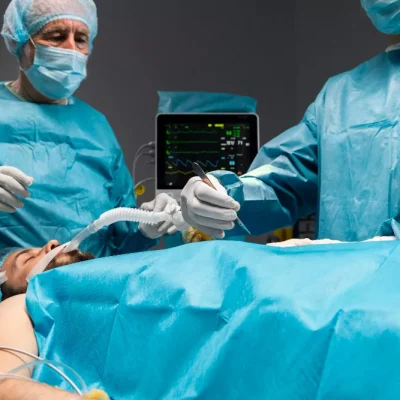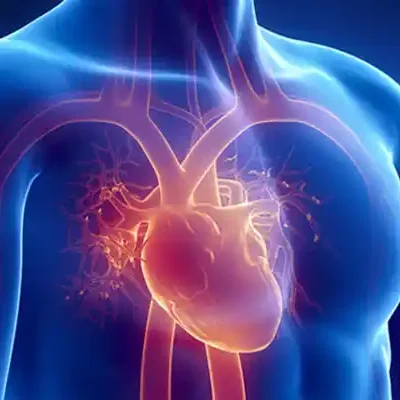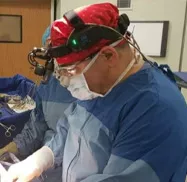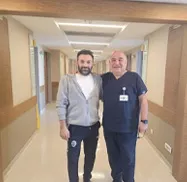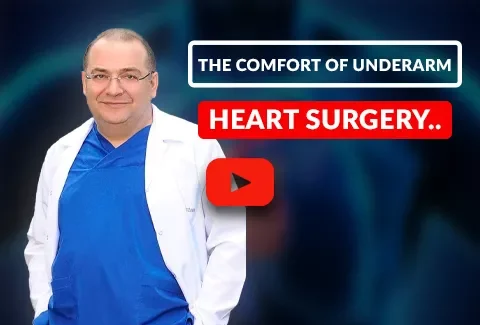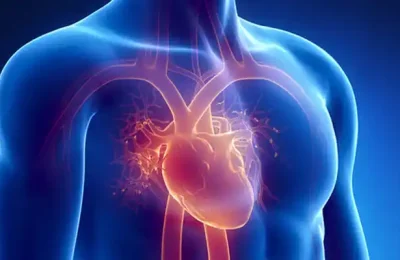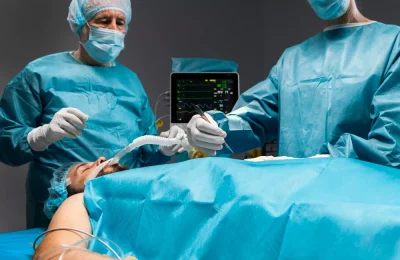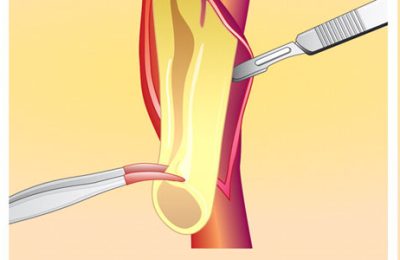Services
My Areas of Expertise

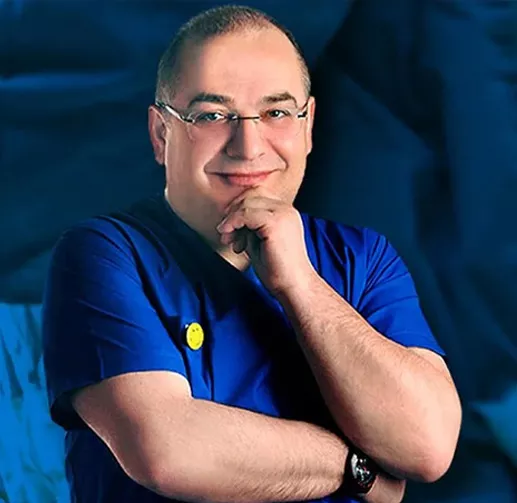
About me
Op. Dr. Mahmut Akyıldız
He was born in 1964 in Çataldere, Rize. He graduated from Istanbul University Faculty of Medicine. He completed his specialization training in cardiovascular surgery at Siyami Ersek Hospital. After serving as a chief assistant at the same hospital, he founded the Cardiovascular Surgery Department of the Private Swiss Hospital. He worked as an observer physician at the Cleveland Clinic and the Texas Heart Institute. He is currently working as a cardiovascular surgeon at Medistate Kavacık Hospital.
Media
Our Videos

Media
We in the Press
Frequently Asked Questions
What is cardiovascular surgery and in which cases is it necessary?
Cardiovascular surgery is a medical specialty that treats structural problems related to the heart and major blood vessels—such as coronary artery narrowing, heart valve diseases, and aortic aneurysms—through surgical methods.
Which methods can be used in heart valve surgery?
There are several methods such as valve repair (reconstruction), valve replacement (prosthetic valve), and minimally invasive approaches (for example, valve surgery through an underarm incision). The choice of method depends on the patient’s condition, valve type, and clinical characteristics.
What should be considered before surgery?
All laboratory tests, imaging studies, and heart function evaluations are performed. If patients have conditions that need to be managed—such as smoking, excess weight, diabetes, or high blood pressure—these should be optimized before surgery.
What lifestyle changes are required after surgery?
It is important to continue regular check-ups, follow a heart-healthy diet, adhere to an appropriate exercise program, quit smoking and alcohol use, and keep blood pressure and cholesterol levels under control.
What risks may occur if surgery is not performed?
If narrowing, insufficiency, or blockage is left untreated, it may progress and lead to serious conditions such as heart failure, sudden death, or organ dysfunction.
What are the surgical risks?
There are general surgical risks, such as infection, bleeding, arrhythmias, and brain complications. However, these risks can be minimized with an experienced surgeon and appropriate patient selection.



